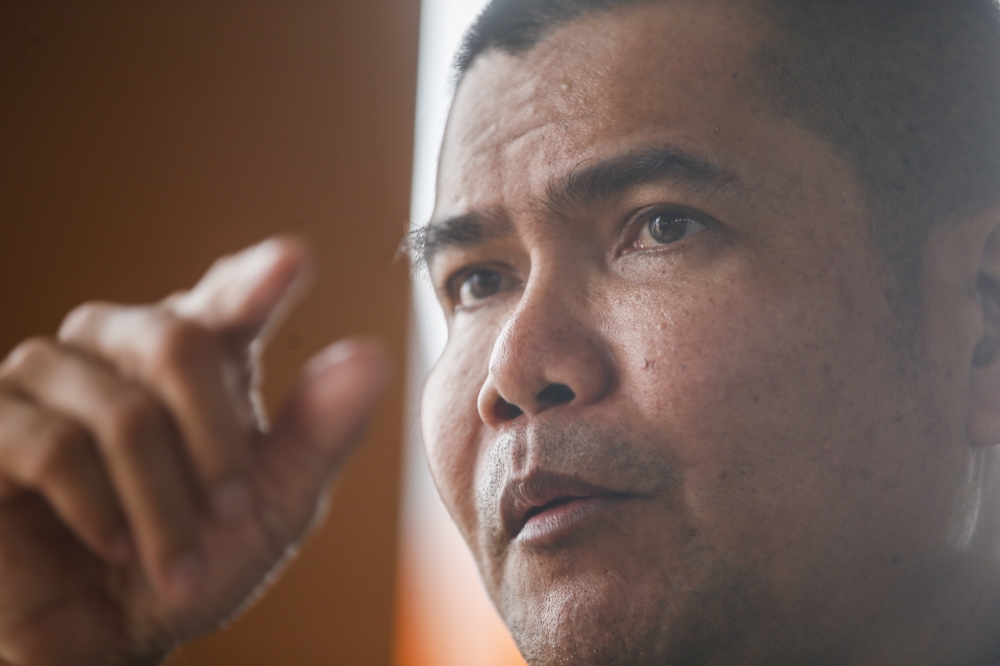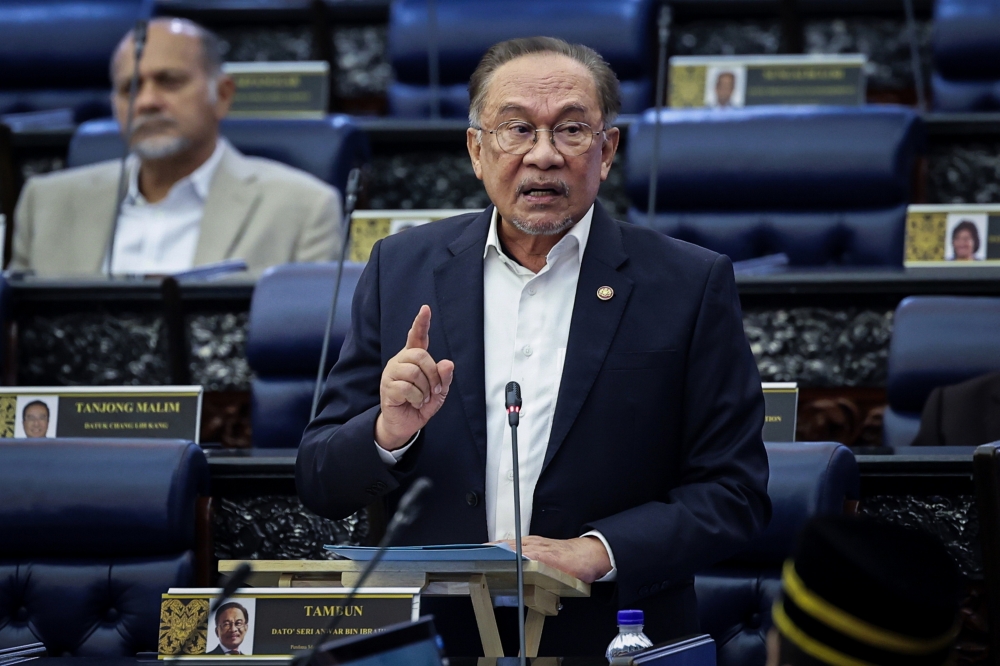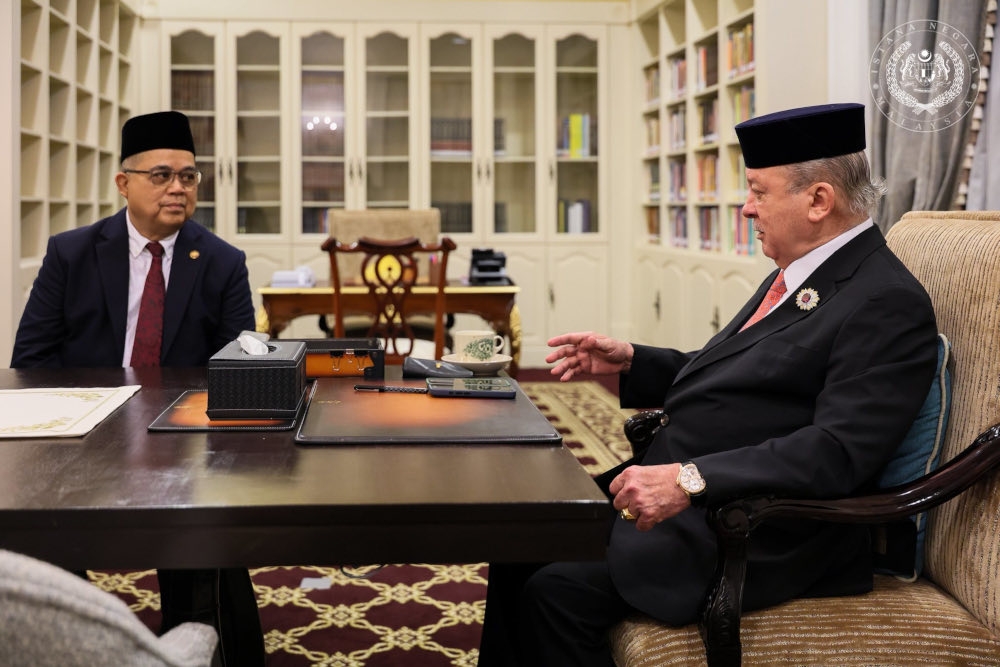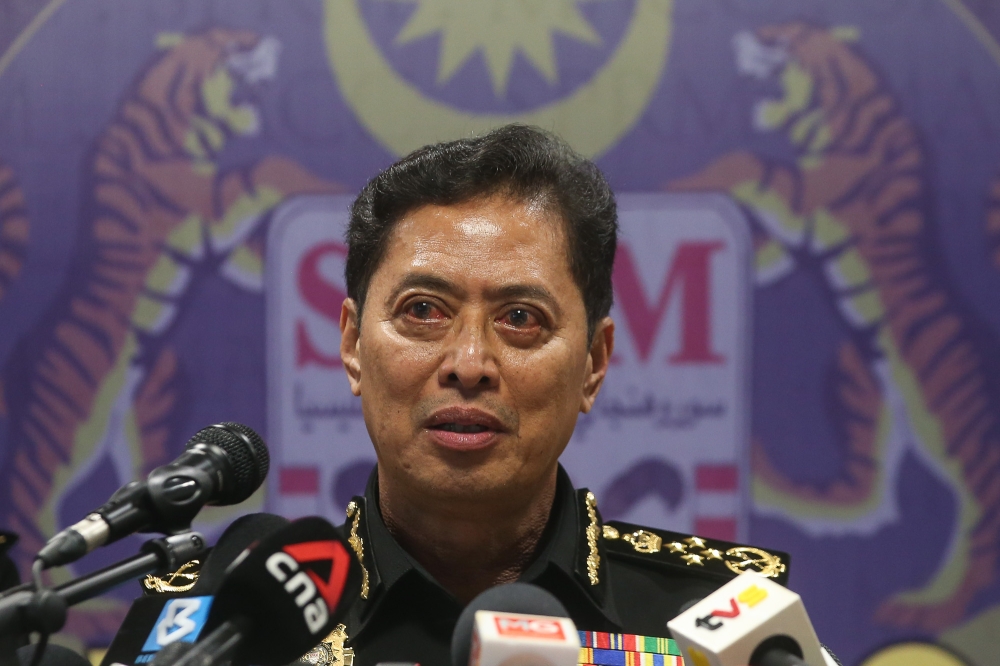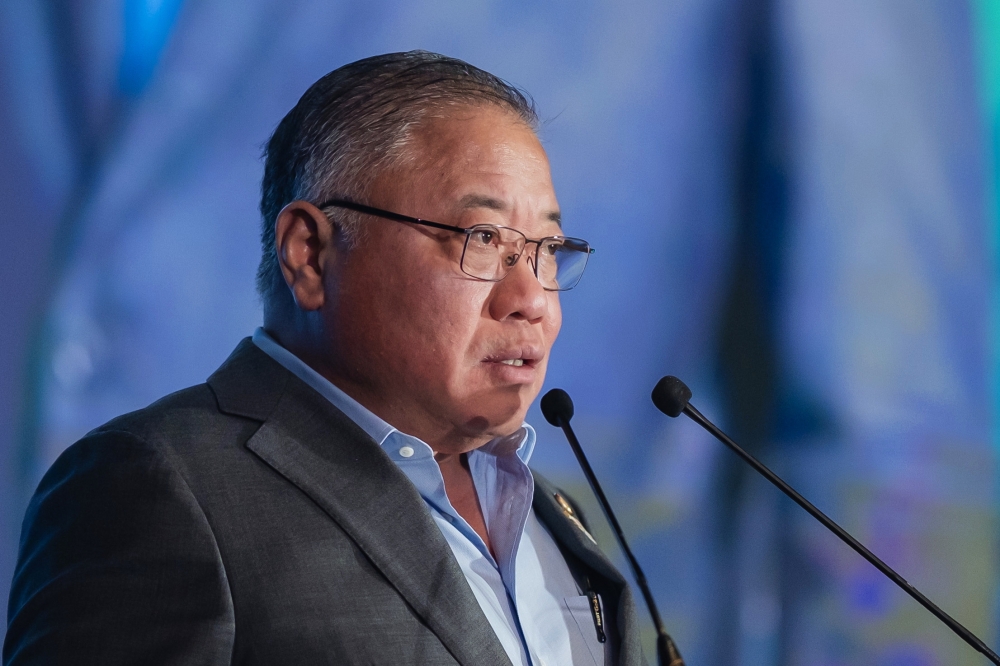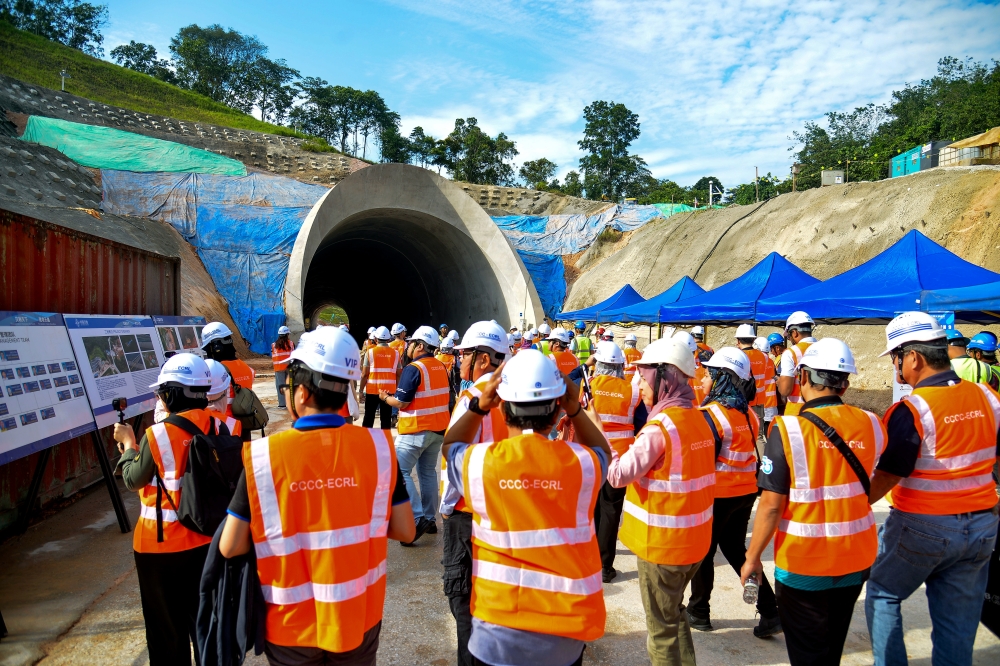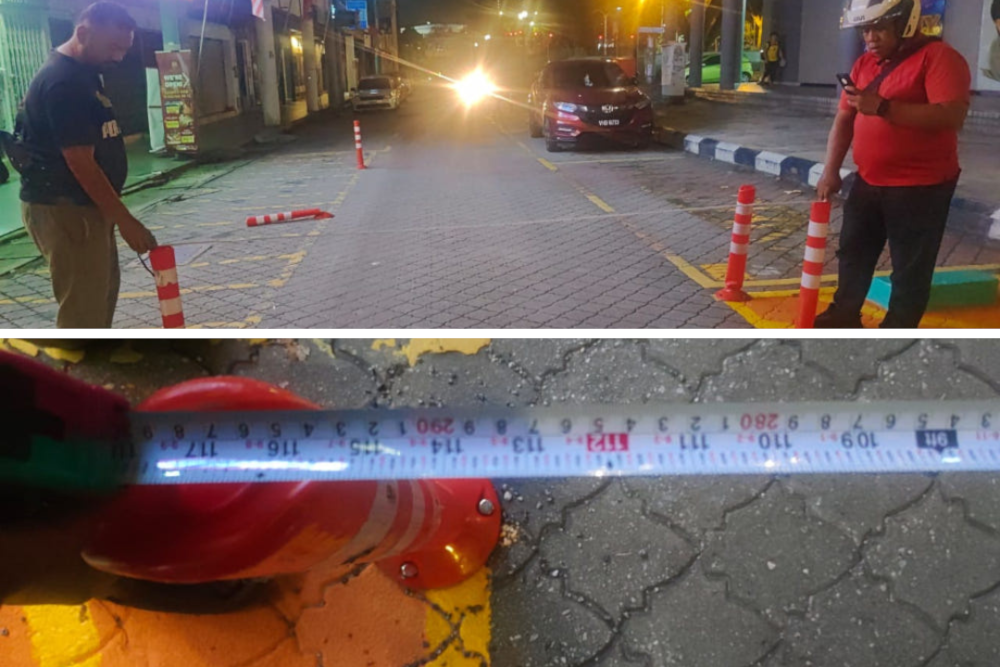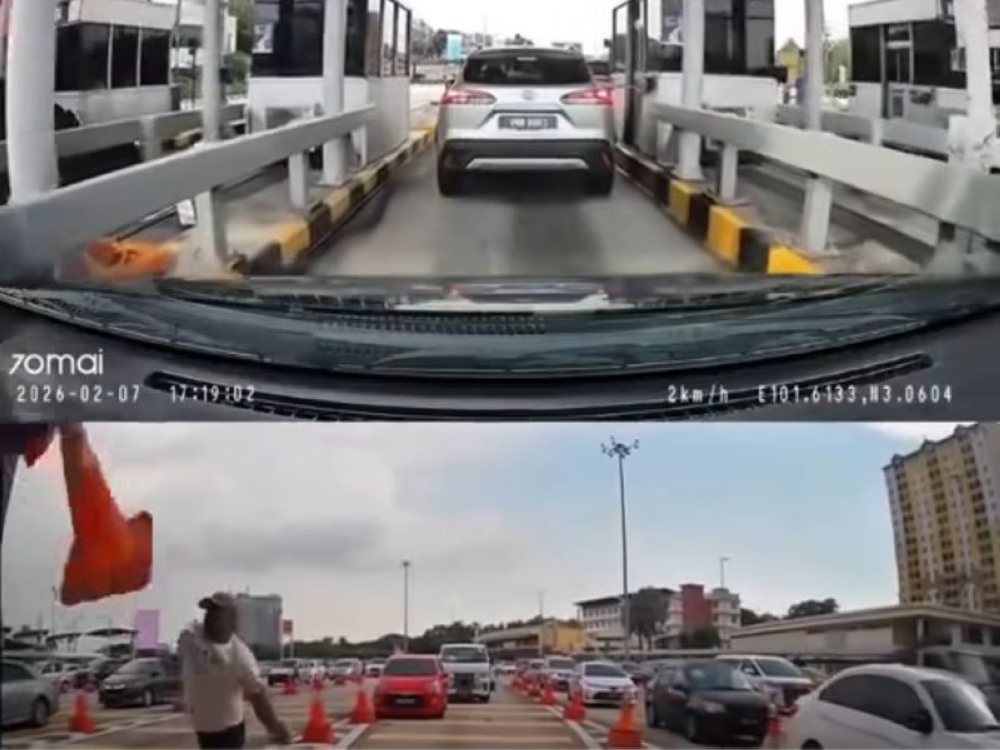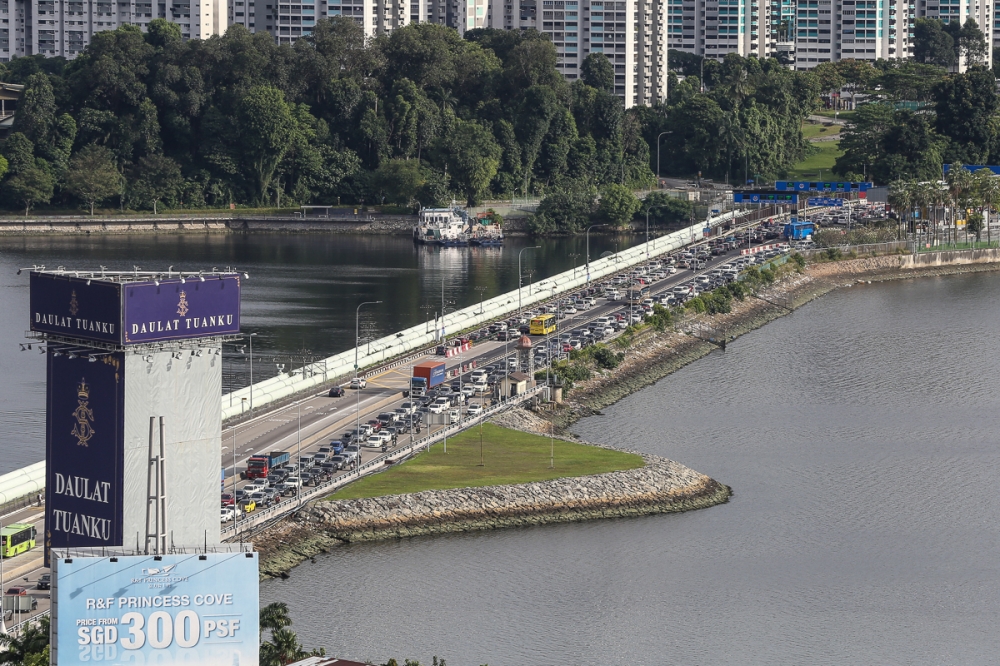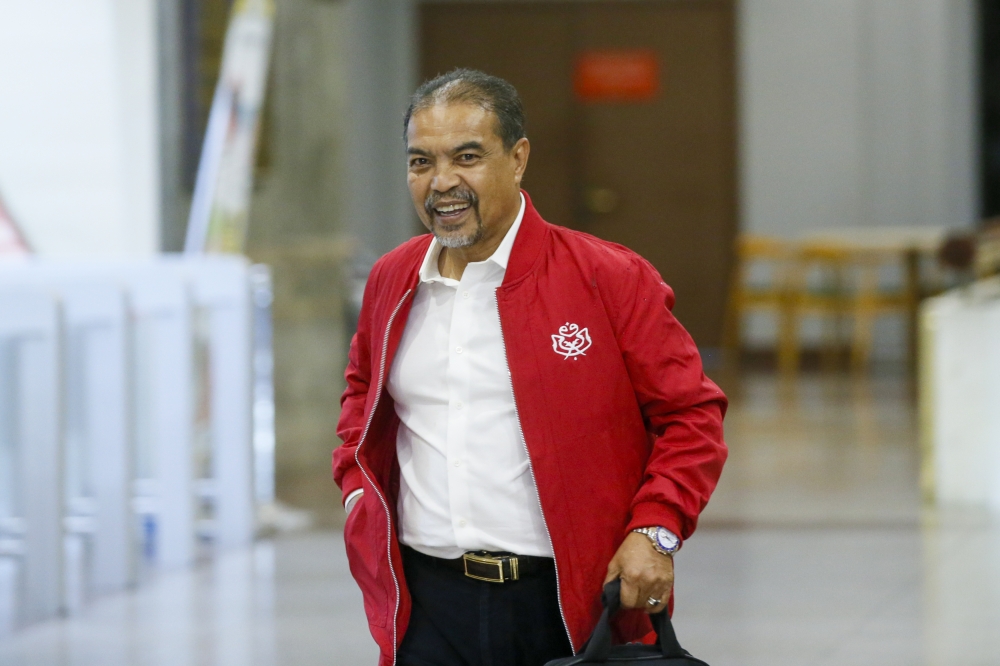JUNE 13 — The world can be glad of one thing after US President Donald Trump’s summit meeting with North Korean dictator Kim Jong-un: They’re still talking. But that, by itself, does little to reduce the North Korean threat.
The joint statement issued in Singapore was vague. Kim didn’t confirm and extend a moratorium on testing nuclear weapons and ballistic missiles; he didn’t say he’d detail his arsenals or open them to inspection. The promise “to work toward complete denuclearisation of the Korean Peninsula” is meaningless: North Korea has consistently used that formulation to suggest it might give up its nukes one day — so long as the US does as well.
Despite Trump’s claim to have achieved something that eluded his predecessors, previous US administrations extracted more specific commitments from Pyongyang, only to see them breached.
Kim, though, did get something valuable — a meeting with a sitting US president (something his father and grandfather never accomplished, despite great efforts). This will bolster his position at home. He also appears to have talked Trump into suspending joint US-South Korea military exercises — another longtime demand — in exchange for dismantling a missile-engine testing site that the North may, in fact, have already destroyed.
Granted, the US concessions are mostly reversible. As Trump noted, sanctions remain in place. Military exercises could be restarted if the North drags out future talks. (Doubts among allies about US reliability will be harder to repair.) Given how quickly the summit was thrown together, no one should have expected a credible, comprehensive deal.
It’s important to remember, however, that from now on US leverage will dwindle. China has already called upon the United Nations to relax sanctions, and its own enforcement efforts are sure to weaken. South Korea, too, will be looking for ways to begin normalising economic relations with the North and might resist harsher measures should they be necessary. If Kim ever feared that Trump might order a preemptive military strike, those worries have subsided.
What’s needed now from the US president isn’t further showmanship but quiet and methodical diplomacy, closely coordinated with China, South Korea and Japan. The US should make no more unrequited concessions and insist on actions and a relatively short timetable to freeze, cap and then dismantle the North’s nuclear and ballistic-missile arsenals. The longer this goes on, the worse the prospects of an eventual and genuine success. — Bloomberg Opinion
*This is the personal opinion of the columnist.

